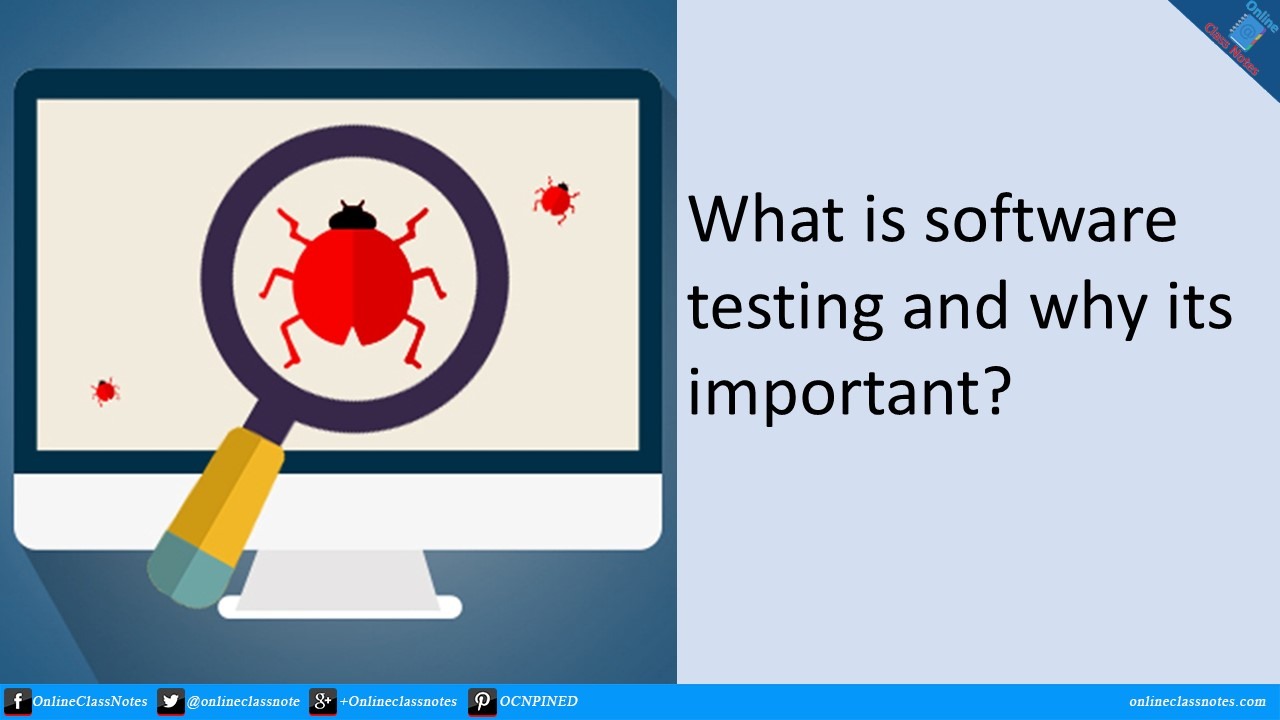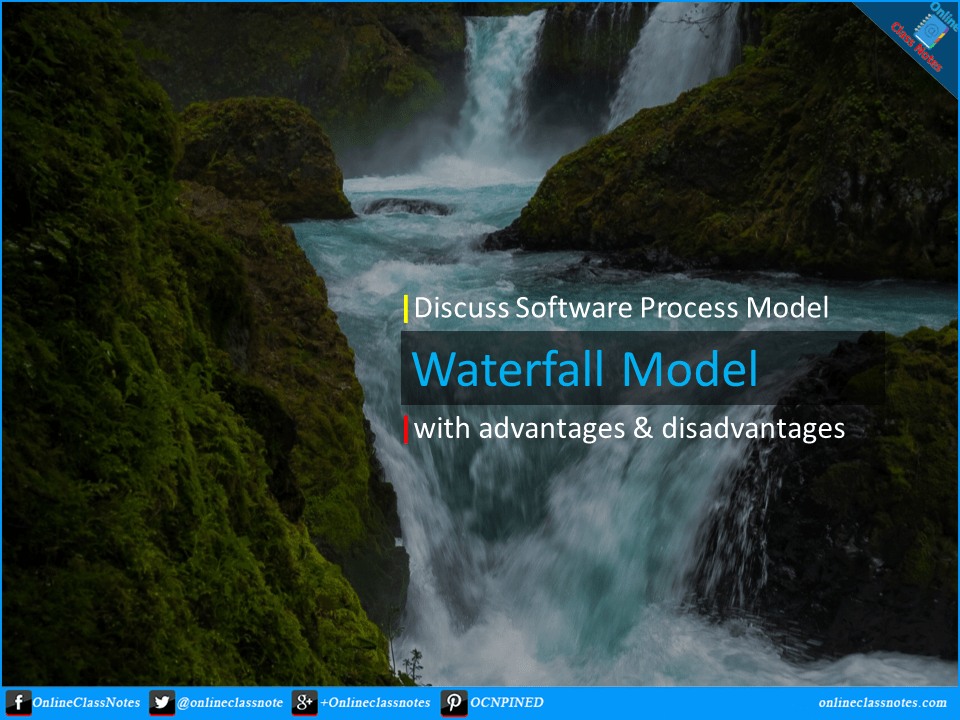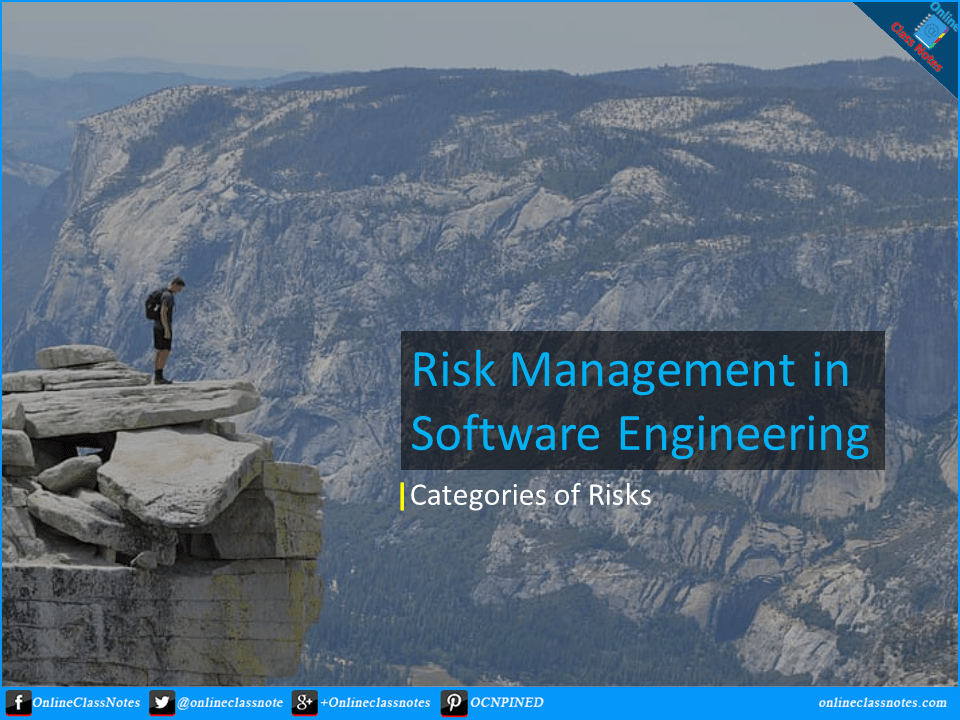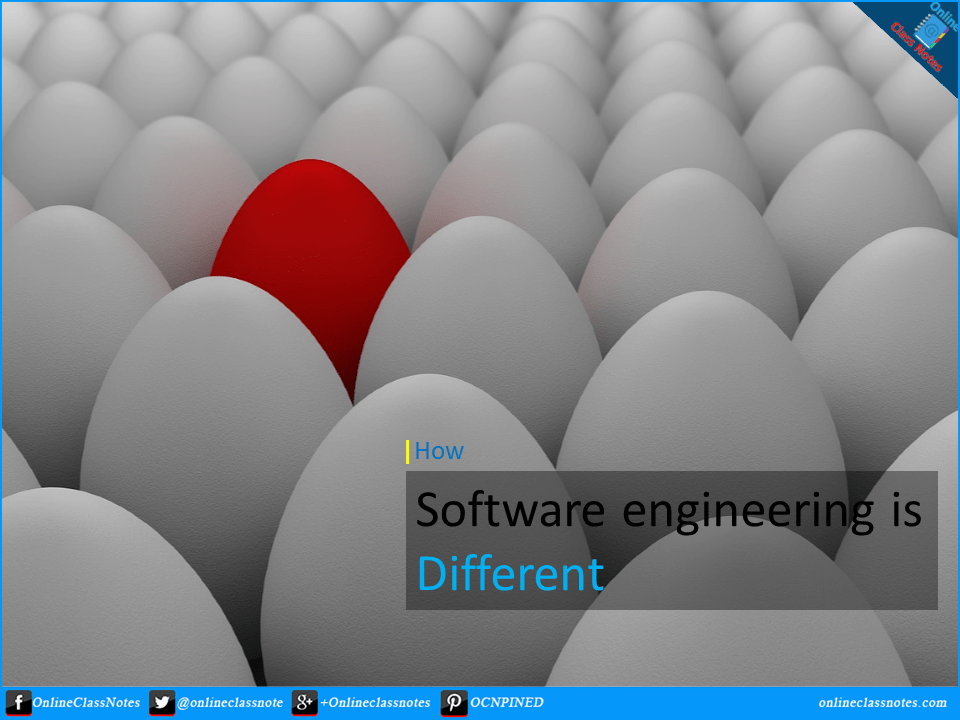Weighing the Advantages and Disadvantages of Software Development Methodologies: Waterfall, Agile, and DevOps
Introduction:
Software development methodologies define the processes, practices, and frameworks employed by development teams to deliver software solutions. Three popular methodologies widely used in the industry are Waterfall, Agile, and DevOps. Each methodology follows a unique approach to software development, with its own set of advantages and disadvantages.









